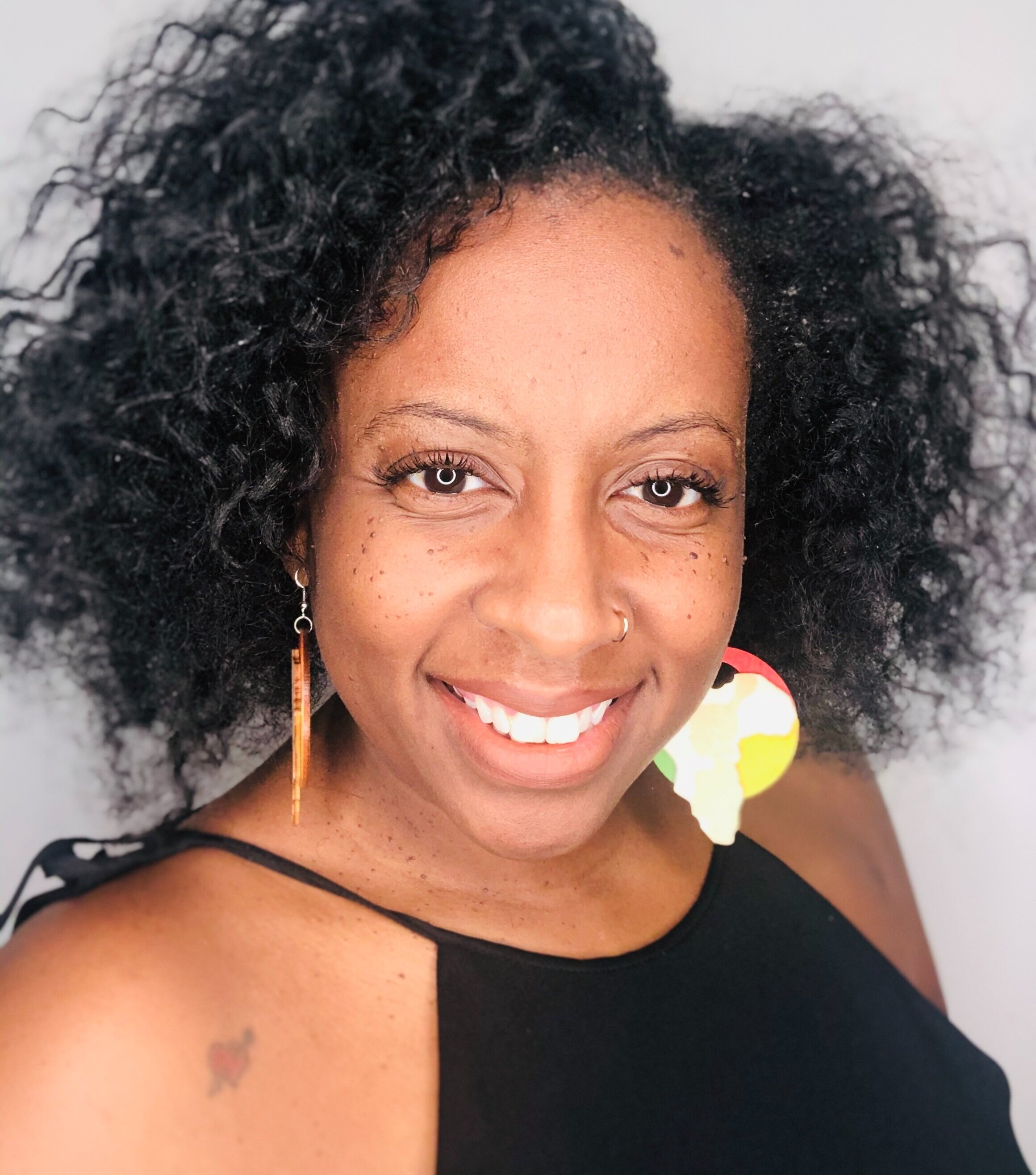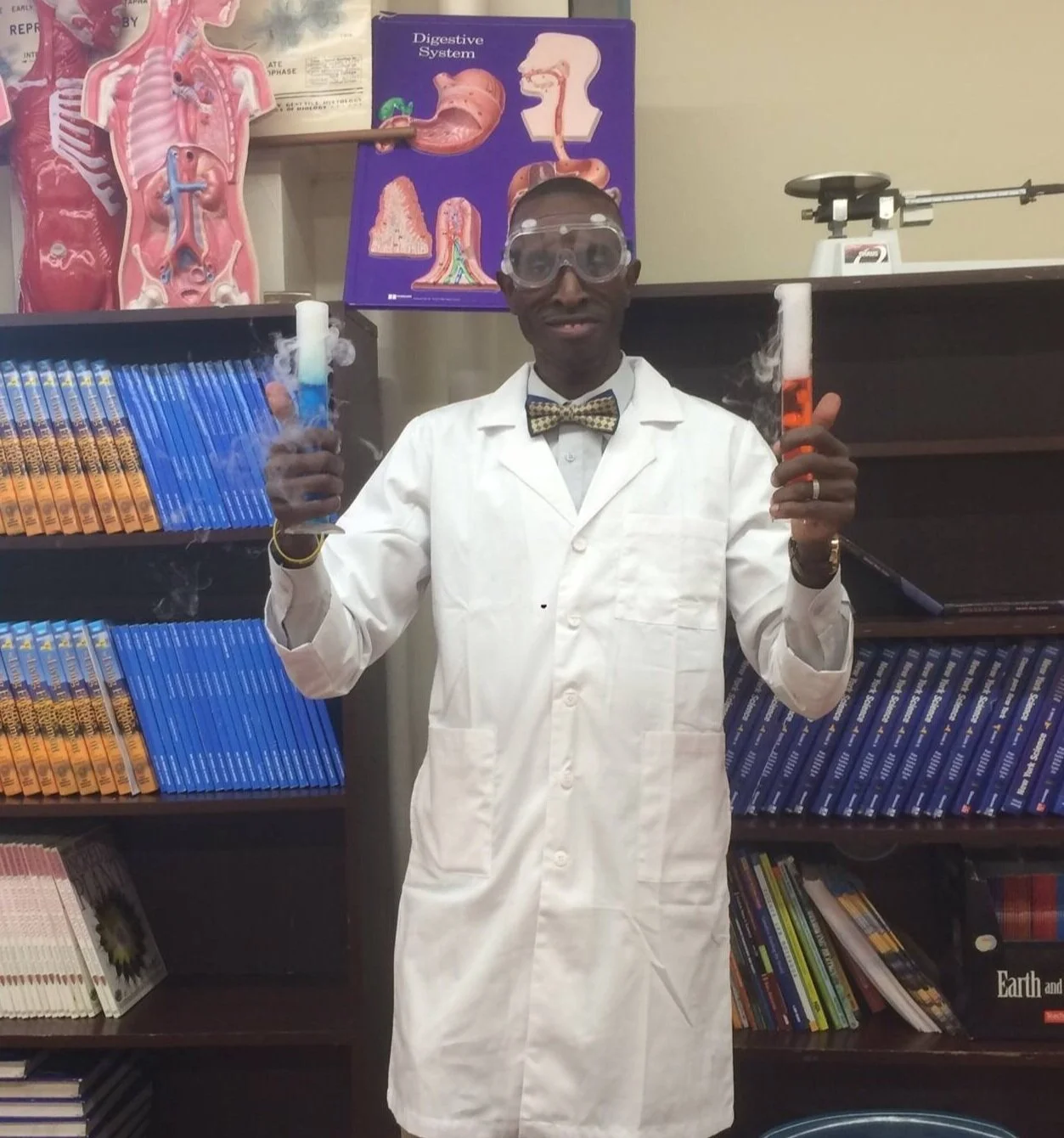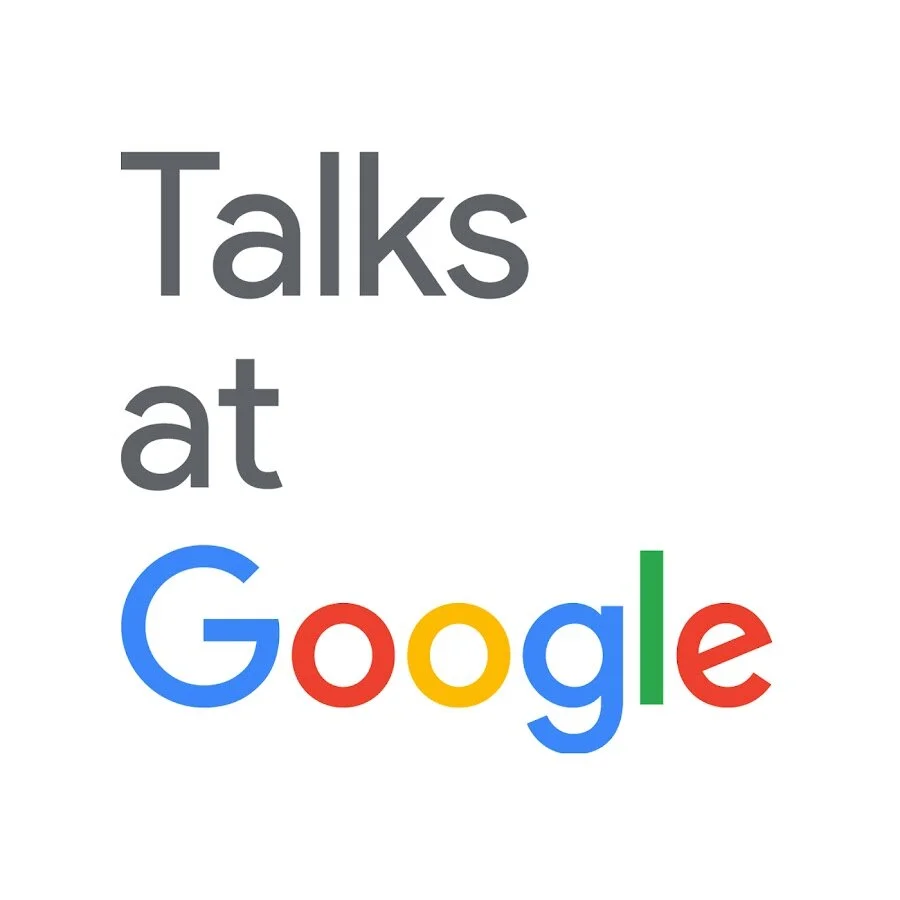Talks At Google: Public Education In A Pandemic With Citizen Schools
In April 2021, Trevon Adams, Nadia K. Selby, and Kruschef Sanchez were invited to join Connor Anovick, a former Citizen Schools volunteer himself. They discuss how COVID has impacted public schools and how Citizen Schools supports public schools, both during and before the pandemic.
Watch Talks At Google: Public Education In A Pandemic, featuring Trevon Adams, Nadia K. Selby, Kruschef Sanchez, and Connor Anovick
Nadia K. Selby, Executive Director, Catalyst
"It takes a community to educate and support our learners."
Nadia K. Selby, a 1st-generation graduate, who learned early on that education is the needle that propels an individual forward, speaks to the role Citizen Schools plays in complementing and filling in the gaps that exist in New York public schools. She further elaborates on how she sees that role evolving during and after the COVID-19 pandemic. For 13 years, Nadia has worked with Citizen Schools, igniting the joy of education for all. She speaks to the intended impact of the Catalyst program, which is to:
Provide access to all students to participate in a learning environment that includes hands-on engagement partnered with volunteer mentors;
Bring real world work from the field into the classroom by partnering with experts in various STEM related careers;
Re-imagine learning, shifting the way students learn from a traditional lecture style to creating an experience for students;
Enhance what is possible for a teacher around engagement and involving others in the teaching process;
Bridge gaps by partnering teachers with members of corporations and organizations within the community, making learning relevant and authentic for students in the classroom.
Catalyst creates spaces where students have the opportunity to engage with material that builds relevance to them as individuals and allows them to apply their learning to solve real-world, relatable problems. Students exercise agency in the development of projects based on issues that relate to them individually also helps with social and emotional skill development, igniting excitement about learning that goes beyond just one classroom. Though the program touches on many, Catalyst focuses on three specific social and emotional skills:
Self-efficacy: How much a student believes they can succeed
Growth mindset: Students' perception of whether they have the potential to influence factors that ultimately change how they perform in school
Social awareness: How do students consider the perspective of others and empathize with them as they are working collaboratively and independently
The program focuses on the whole child while also focusing on the whole educator, enhancing the social and emotional skill development for teachers in these same areas.
With COVID-19 and issues with social justice ramping up in early 2020, student disengagement grew exponentially. As Citizen Schools worked to meet the need to go virtual, the organization also supported teachers working to re-engage students with caring adults and their learning environments. As a pioneering organization re-imagining learning, Nadia is inspired to expand the reach of Citizen Schools and strengthen the brand of real-world, hands-on learning with experts in the "new normal" in education. Catalyst will continue to develop new approaches to bring more career mentors to the class virtually and support teachers, maintaining what works with pre-COVID and post-COVID in-classroom practices. This blend will enhance access to experts and the program's impact.
Trevon Adams, Catalyst Science Teacher at Walt Whitman Middle School
"Everyone was given that opportunity to launch out and be your best version of yourself."
Trevon Adams, a Science Educator, Mentor & Robotics Coach at Walt Whitman Middle School in Brooklyn, NY, tells us how COVID-19 has impacted public education in New York City from his first-hand experience navigating it with his students. Trevon is a Citizen Schools Catalyst teacher and a strong advocate for literacy, healthy living, equity in STEM, meaningful physical activities for youth, and youth development.
Trevon explains the actual, realized impact of working with the Citizen School's Catalyst program and experiential-based learning, including:
Students became peer collaborators breaking down a pre-existing framework of siloed work.
Timid and shy students became leaders, tapping into their potential.
Each student started to identify their facet of creativity (e.g., music, digital design, etc.), leaning into this throughout the project to be the best version of themselves, bringing energy to the classroom.
Students learned to critique each other and build each other up.
Trevon's class worked on a Catalyst project for ten weeks in early 2020. Connor came into Trevon's class as a volunteer and helping each week as students worked toward a final presentation. As shutdowns occurred due to the COVID-19 pandemic, the project had to transition quickly as students prepared for their presentations. Trevon's students were affected as they had started to build connections regularly in the classroom.
Trevon also speaks to the opportunities hidden in the challenges of COVID-19:
Learning about new interactive games;
Capitalizing on social and emotional skill development to have students voluntarily keep cameras on and connect;
Being able to invite more speakers into the classroom virtually;
Going on virtual adventures;
Moving from avenues and roads to highways of information online.
Kruschef Sanchez, volunteer Career Mentor for Catalyst
"What we get with this type of experience is an open window into the students' agency and their creativity, which is astounding."
Kruschef Sanchez, a graduate student at the High Meadows Graduate School of Teaching and Learning with MIT, where he is completing a Master's in Secondary STEM Education, provides his perspective as a virtual volunteer during the COVID-19 pandemic. He has been working in education for three years, participating in City Year New York, Breakthrough New York, and most recently, Citizen Schools Catalyst. Pulling from his engineering education from Notre Dame, Kruschef plans to instill his future students with a similar appreciation for science, which propelled him along his career path.
Kruschef details the impact of Catalyst and value to himself volunteering as a career mentor. He speaks more to the benefits of project-based learning for students and the value in gaining deep, first-hand experience with that over an extended period as a student-teacher. Kruschef has spent a lot of time in classrooms using classical, lecture-based education: this is what it is, this is what you should do, now here's some practice. Through his experience as a career mentor, he was able to gain perspective from different teachers, students, and classroom structures while transitioning from a career in engineering to one in education. He was also able to capitalize on his own experience in engineering as a resource in the classroom, having worked on longer-term projects, which is training and experience that not all teachers have.
Kruschef's graduate school recommended the Citizen School's Catalyst program to him as an opportunity to explore STEM education and project-based learning. Through this experience, Kruschef highlights how students will constantly surprise you with what they can do, what they know, and all of the background information that they are pulling from that you may not be aware of.
"From my own experiences in STEM, either going through high school and even going through university, right, the limits to education were such that everything was lecture. Right? It provided no opportunity for us to get creative or to have any sort of agency up until much later on. And so what we get with this type of experience is an open window into the students' agency and their creativity, which is astounding."
He further elaborates on how Catalyst provides scaffolding for volunteers to draw information from students and get them to collaborate. This inspires and propels the students to create some of their own content and build off of concepts they are learning.
In terms of challenges presented by COVID-19, Kruschef speaks to how teaching is a bit of a performance, reading the room, and responding. With blank screens and connectivity issues, there's limited to no feedback to gauge attentiveness. The COVID-19 pandemic allowed students and educators to learn many new technologies but also exposed inequities that have built barriers for many students and educators. This includes, but is not limited to, slow internet connection and lack of introductory computer and digital platform education. Kruschef speaks to how it has been crucial to develop new ways to get feedback from students and establish a more personal connection between students, teachers, and volunteers to invite engagement.
Due to the COVID-19 pandemic, schools were shuttered, the digital infrastructure for virtual learning was not present for many, and the existing inequities and achievement gaps were exacerbated in irrevocable ways. Prior to, and during, the pandemic, Citizen Schools is doing work at the crossroads of these problems and has a unique perspective on these issues and how they will shape public schools and our society in the years to come. To learn more about project-based experiential learning, the impact of COVID-19, learning-loss, and how social justice movements have played a role in developing Catalyst and educational systems, watch the full video.
Talks at Google is a leader in the corporate interview series space, providing a platform for influential thinkers, creators, makers, and doers to talk about their work, their lives, and what drives them to shape our world. As a global, internal talks series, the talks are most often hosted for Google employees before being publicly released on their YouTube channel. The program invites authors, scientists, actors, artists, filmmakers, and musicians to discuss their work.




